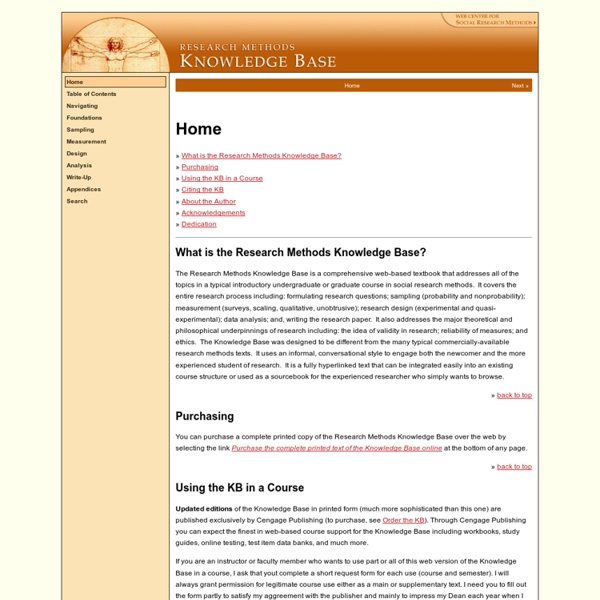Interlibrary Loan Guidelines & Request Form
Books, articles, and microfilm/microfiche can be obtained by filling out one of the following forms: For questions, please try our Interlibrary Loan Frequently Asked Questions. You may also contact the Interlibrary Loan program or visit the Information Desk on the first floor of the Main Library. We cannot accept interlibrary loan requests or distribute interlibrary loan materials if you have:
Free Audio Books: Download Great Books for Free
Download a Free Audiobook from Audible and also AudioBooks.com Download hundreds of free audio books, mostly classics, to your MP3 player or computer. Below, you’ll find great works of fiction, poetry and non-fiction, by such authors as Twain, Tolstoy, Hemingway, Orwell, Vonnegut, Nietzsche, Austen, Shakespeare, Asimov, HG Wells & more. Also please see our related collection: The 150 Best Podcasts to Enrich Your Mind. Fiction & Literature
Ten search engines for researchers that go beyond Google
Using search engines effectively is now a key skill for researchers, but could more be done to equip young researchers with the tools they need. Here, Dr Neil Jacobs and Rachel Bruce from Jisc’s digital infrastructure team share their top ten resources for researchers from across the web. Every click of the mouse, every search box, needs to work hard to make the best use of a researcher’s time. For each gem of a resource that a researcher discovers, there may be a dozen abandoned web pages, armies of half-read abstracts and false leads.
Instant Grammar Check - Online Proofreading
Internet Archive: Digital Library of Free Books, Movies, Music & Wayback Machine
Transcription as a ‘moment of contact’ with qualitative data
The processes of undertaking stage 1 of the analysis of Mass Observation writers’ responses to the Life Lines directive leads me to reflect on something I often say to participants of my analysis courses – the various ‘moments of contact’ we have with our data during qualitative analysis. Revisiting data at different times, from different perspectives and for different purposes is characteristic of the iterative nature of qualitative analysis, and must be prized as essential in the development of a valid interpretation. Transcription is a key ‘moment of contact’ that shouldn’t be undervalued. We all know that transcription is time-consuming. The speed with which we can type, the technology used to facilitate the process and the form of transcript being generated all affect the amount of time it takes, but it’s typically suggested that an hour’s worth of audio recording – say from an open-ended interview – takes between 8 and 10 hours to transcribe. Christina Silver
LibriVox



